WHEN some of Malaysia’s brightest young minds get together to discuss solutions to the country’s issues, you know something awesome is gonna go down.
And that’s exactly what happened at Invest Malaysia 2015’s millennials session, organised by Bursa Malaysia on April 23 at the Mandarin Oriental Hotel, Kuala Lumpur.
Now Invest Malaysia is actually a platform to showcase Malaysia’s capital market, so you’d expect things to be all economics and finance.
But for the millennials session, Bursa made it a point to bring together a diverse range of young leaders (R.AGE did help nominate 15 participant. Just sayin’…). The issues we discussed ranged from talent mobility to the importance of art and culture in nation-building.
We didn’t just talk about problems though. The faciliators advised us to follow a simple three-step process (the one you see on our cover image) – Discuss the issues, Dream about the ideal outcome, and Deliver an actionable solution.
Our solutions were then pitched to two very important people – Prime Minister Datuk Seri Najib Tun Razak, and CIMB Group Holding Bhd chairman Datuk Seri Nazir Razak, during a dialogue that lasted close to an hour. Here are some of the main issues discussed:
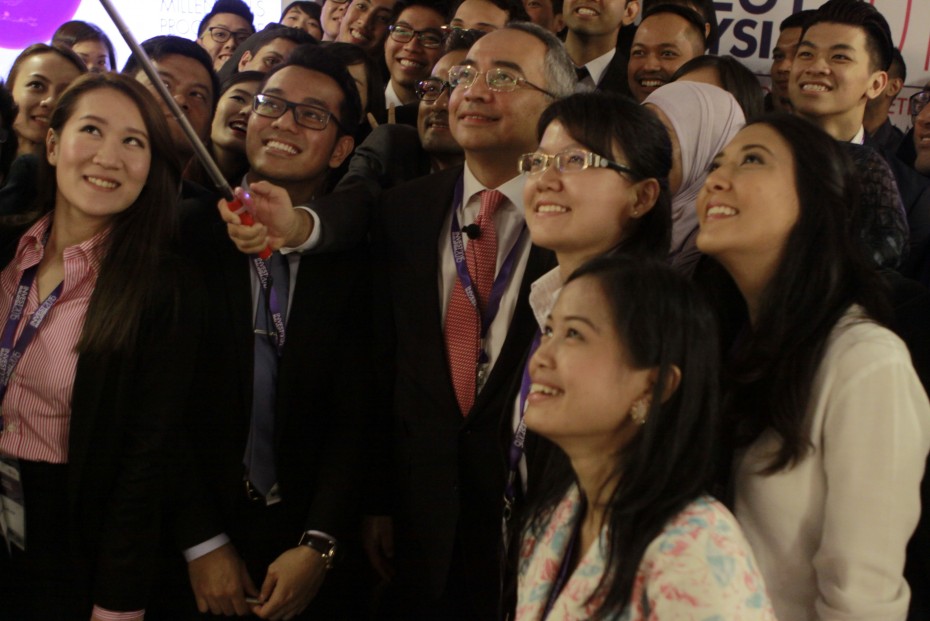
Nazir taking a wefie with the participants of the dialogue. He spoke candidly about his career, and gave his thoughts on some of the issues important to young Malaysians.
1. The disconnect in students’ skill sets and employers’ expectations
President of Nottingham University’s Bursa Young Investors Club (BYIC), Ben Tak, 22, represented a group of five BYIC members from different universities. They unanimously agreed Malaysian students are equipped with knowledge – they just don’t know how to apply it in the real world.
“We need practical skills in order to solve problems when we are employed,” he said. “This is something we need to look into. Universities need to be able to equip students with the skills employers are looking for.”
Tak’s group recommended giving more freedom and trust to Malaysian students to learn on their own, instead of spoonfeeding them.
“If you compare our education system with that of Britain or Australia, those countries have a one-hour lecture per week (per subject), while we have three-hour lectures and a lot of tutorials,” he said.
“Instead of teaching us how to do it from A to Z, maybe they could guide us from A to C, and let us figure out the rest on our own.”
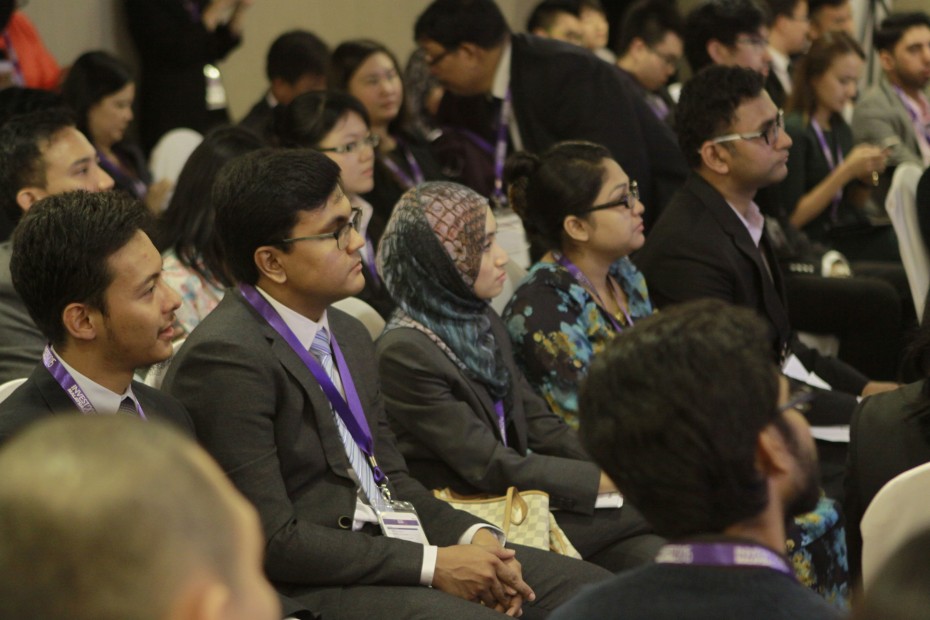
The young people at Invest Malaysia 2015, organised by Bursa Malaysia, were a lucky bunch as they attended a closed-door session with Nazir and Najib, which no one else at the event had.
2. Inequality in the education system
Also at the session were young people from the Kalsom Movement, which works to improve education inequality in the country.
Many rural schools in Malaysia are so isolated that the students aren’t aware of scholarships and grants available to them.
Kalsom Movement’s solution is to organise “inspiration camps” for schools classified as “underperforming” by the Education Ministry. There, the students are given the information – and inspiration – they need to further their studies.
University Tenaga Nasional’s Kalsom Movement volunteer Khairul Izzuddin Sulaiman said: “We hope the Government will help us because we are also helping them achieve their goals – the education blueprint plan states that by 2020 we should have bridged the gap between urban and rural schools.”
3. Turning Malaysia into an arts and culture hub
Kuala Lumpur is currently ranked 34th on the list of top 20 liveable cities, compared to 78 back in 2011, so things are definitely improving.
However, Azimy Wan Ahmad, 36, strategic events and communications manager at the My Performing Arts agency, believes there is still no consistent support of arts and culture as part of the strategy to break into the top 20.
“If you don’t want to be a country full of robots, you need to think outside the box and have more arts appreciation programmes,” he said.
Azimy’s proposed solution is for the Government to introduce arts appreciation programmes at primary school level.
“We’re not really expecting big things – the government obviously has a lot of other priorities, but in terms of education, an arts appreciation programme in primary schools, could make a difference in the lives of Malaysians,” he said.
“Kids that grow up appreciating the arts are inclined to grow up as creative thinkers and people with soul, not just all about numbers and success.”
4. Support for local content creators
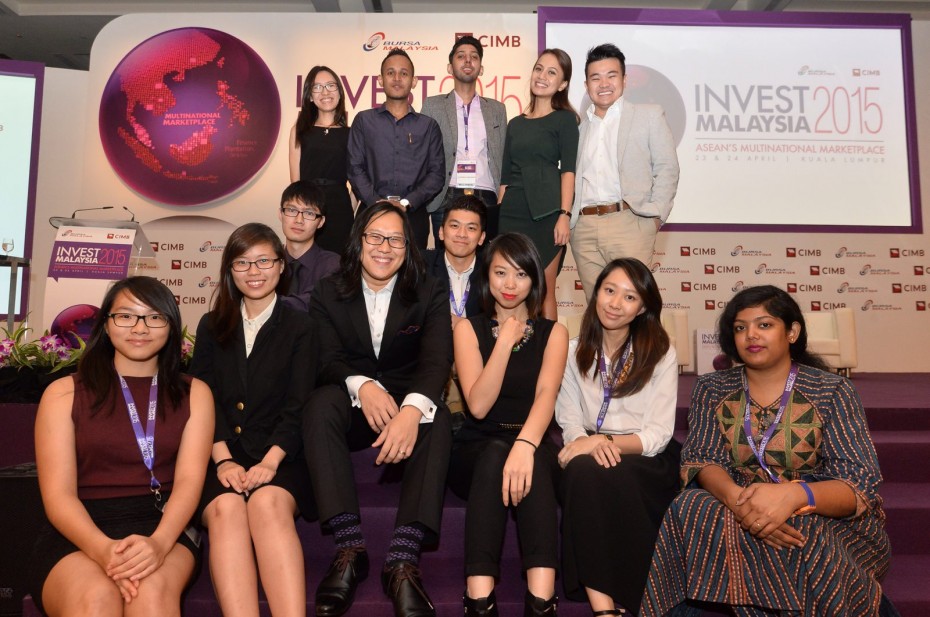
YouTube sensation Reuben Kang (top right corner) was one of 15 bright young Malaysians nominated by R.AGE for the dialogue with the Prime Minister. Here we are posing with some of our awesome nominees.
Local YouTuber Reuben Kang brought up a topic close to his heart – local content.
“About 10 years ago there was support from the Government called Made In Malaysia, where they made it compulsory for 70% of ads on TV to be produced by Malaysians,” he said.
Sadly that initiative has now been scrapped, leaving local content creators to work without governmental support.
“Now, there’s not enough national pride in terms of content and people look for foreign content,” he said.
Though Kang believes Malaysians are very supportive of local content, many content producers still don’t have the funding to get their work out there in the first place. Kang’s solution would be to establish more governmental agencies like MDEC and MaGIC to support small independent filmmakers, and not just the large companies.
“We’re the ones who need help,” he said. “We get sponsorships from private companies but the industry will grow only if the Government steps in to help the small, struggling content makers.”
5. Talent mobility in the Asean region
Speaking on behalf of a group of her colleagues, Celine Bow, 24, from CIMB’s treasury department, believes talent mobility in the Asean region is crucial for economic and talent development.
“I have been rotated to Indonesia, and it was an eye-opening experience,” she said. She thought it would be easy, given our cultural similarities, but working there is a completely different ball game. Being immersed in other cultures would give young people an idea of the opportunities that could arise from a unified Asean region.
Her solution: To create common qualifications and regulations so it will be easier for talents to cross borders and work anywhere within the region. “With a common platform, people like myself can work in different cultures and get the exposure and experience we need. A broader perspective is added value in any talent.”
6. News literacy
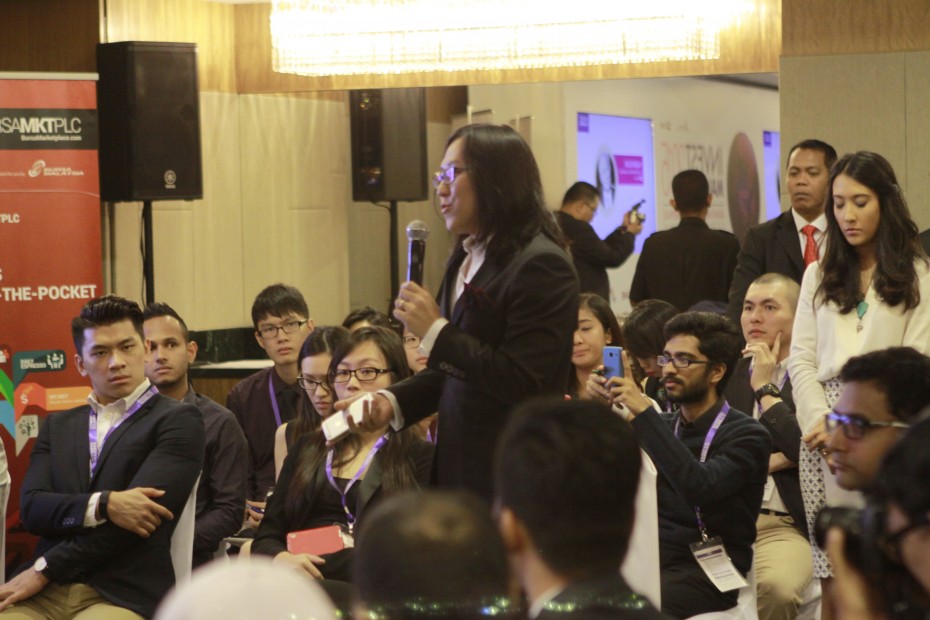
Spot the R.AGE editor! Ian Yee proposed news literacy programmes in primary schools as a solution to the dropping levels of news literacy in Malaysia.
Another issue brought up, this time by R.AGE editor Ian Yee, was the lack of news and media literacy among young Malaysians.
Despite the incredible amount of news content Malaysians are exposed to every day, there’s very little education on being responsible consumers of that content, or how the media operates.
The solution? Simple. The R.AGE team proposed a news literacy programme for primary school students, and also a grant to support deserving school editorial boards.
Yee said: “News literacy doesn’t just help us become more informed and capable of engaging in positive discourse – it also empowers us to use the media for good causes.”

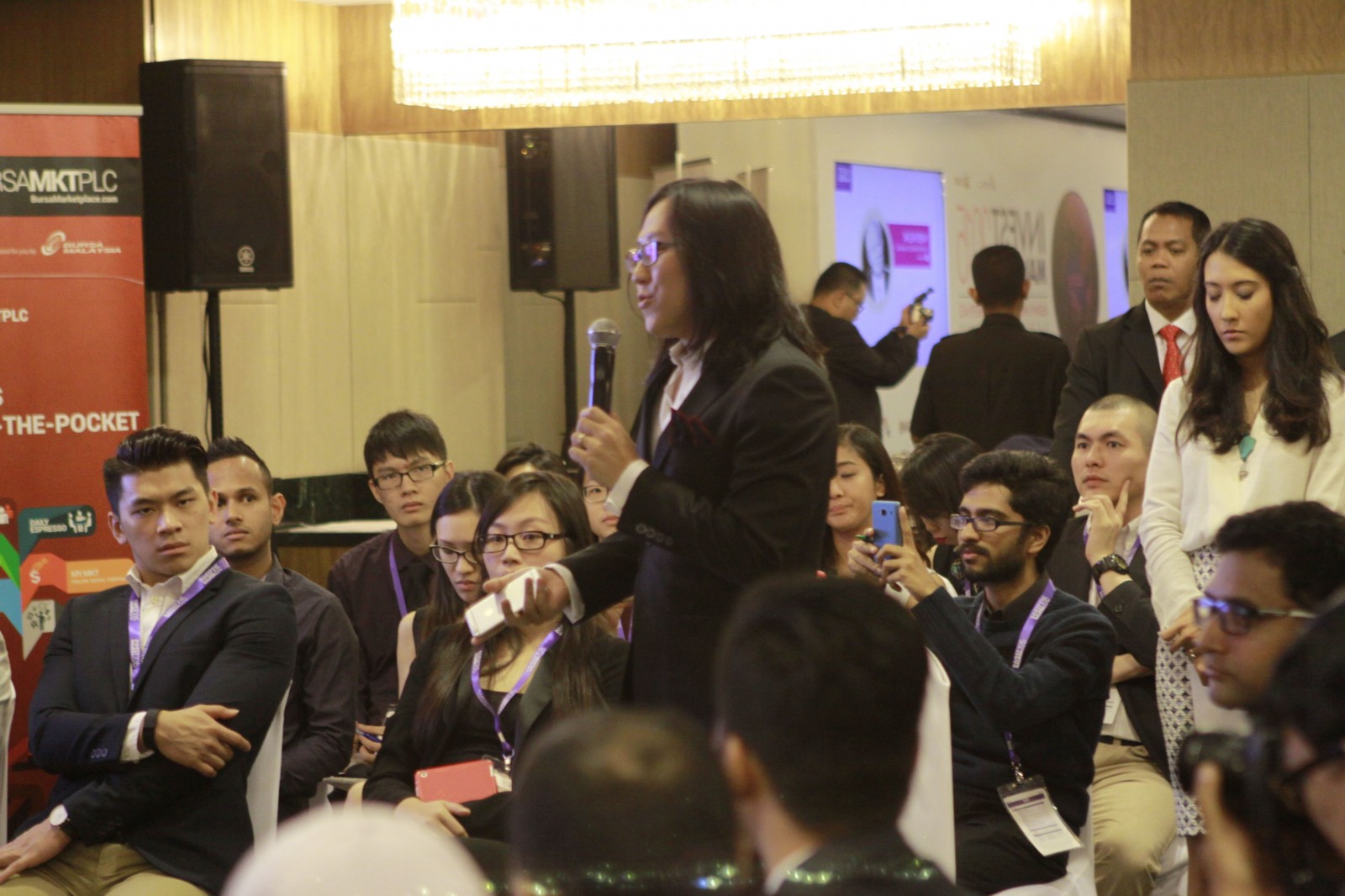
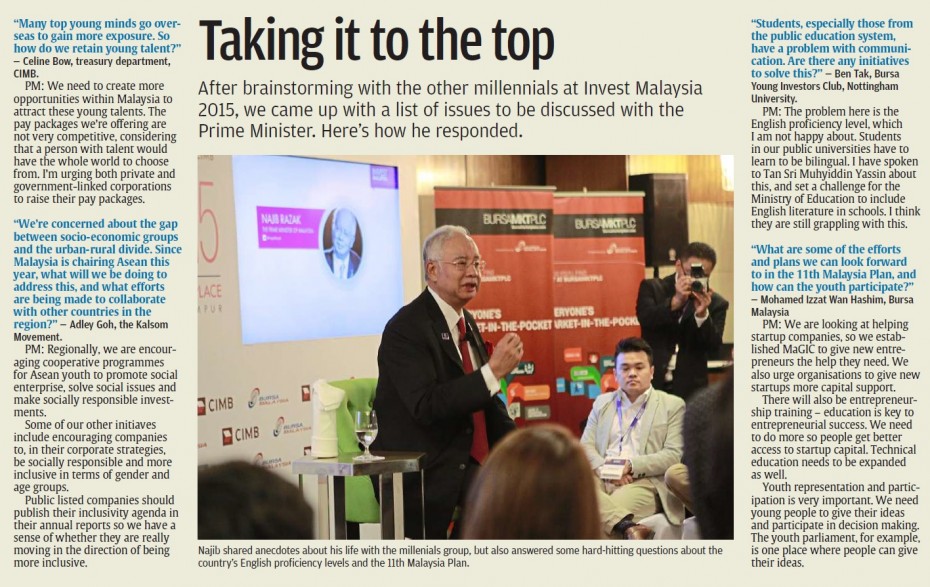



Tell us what you think!